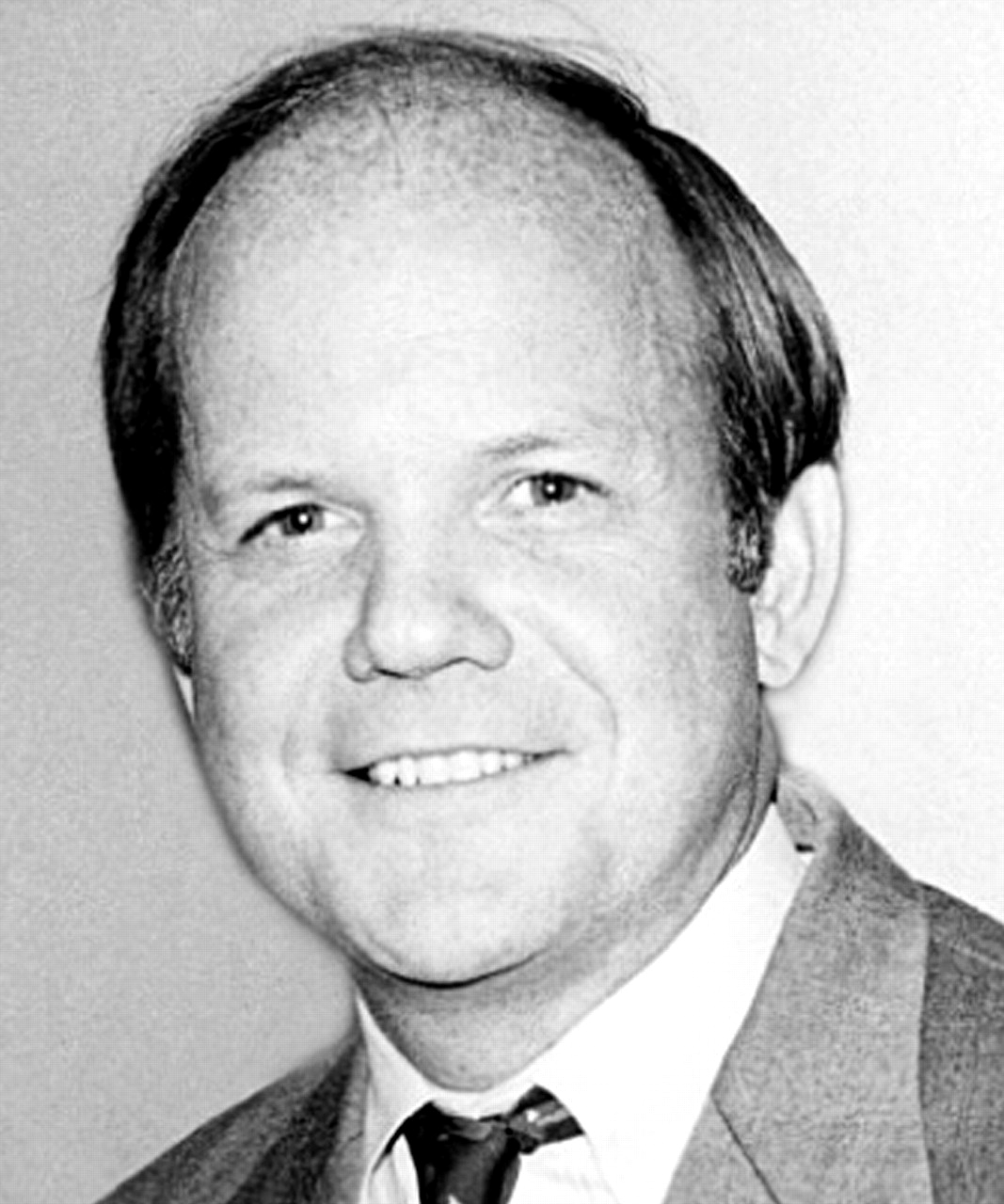Recorder

James E. Nininger, M.D.
Biographical Statement
During my residency at Mt. Sinai Hospital in New York, I found an interest in psychodynamics grow to include psychiatric teaching and neurobiology. As a chief resident, I received an award for medical student teaching, and several years later served as director of the third-year medical student clerkship, and then as assistant director of residency training, at Cornell, the Payne Whitney Clinic. Also at Cornell, during two years as a unit chief, I developed an interest in geriatric psychiatry, which today is my main subspecialty interest. I am in private practice in Manhattan and work two days a week with adolescents at a residence for inner-city children in Westchester County.
I am a clinical associate professor of psychiatry at Cornell and volunteer time at Payne Whitney in supervision, teaching, and interviewing resident applicants. I have published individually and collaboratively in the areas of geriatrics, psychiatric education, and psychopharmacology.
I am the Area 2 representative to the Assembly and am concluding my second term as president of the New York State Psychiatric Association, having previously served as treasurer and vice president. I entered the Assembly as one of the representatives from the New York County District Branch in 1988. I have served the Assembly as liaison to the Committee on Family Violence and Sexual Abuse and the Commission on AIDS, and have been the representative from Area 2 to the Steering Committee on Practice Guidelines and the Practice Research Network since their inception. I have chaired the Assembly Committee on Planning for the past three years.
At the New York County District Branch, I established the first Task Force on Psychiatry and Nursing Homes and have chaired the Committee on Aging since 1989. I was among the first group of psychiatrists to volunteer services to the homeless and this fall worked at Pier 94 and ground zero with Disaster Psychiatry Outreach.
Candidacy Statement
Our profession is faced with critical challenges. We must ensure that our patients have improved access to quality care and better educate the public, government officials, and our nonpsychiatric colleagues as to the nature, prevalence, and cost-effectiveness of appropriate treatment of mental illness. Stigma, managed care restrictions, underfunding of services, and increasingly liberal scopes of practice allowing nonphysicians to diagnose and treat mental illness (including the prescription of medications!) all contribute to erosion of proper treatment for our patients.
The Assembly has tremendous potential and opportunity to organize our members and coordinate activities between members, the Board, and medical director. Membership strength and involvement are crucial and have been on a steady decline. At the same time we expand and refine our electronic communication abilities, there needs to be greater personal outreach by Assembly reps to members in the field, and we need to impart to training directors and early career psychiatrists the importance of psychiatrists’ active involvement on behalf of our patients. This includes strengthening liaisons with state medical societies and advocacy groups. In New York a strong alliance with the medical society has helped us to avoid intrusions into our scope of practice. In New Mexico a lack of significant input and representation from psychiatrists in the medical society seems to have been part of the reason for the passage of the psychology prescribing bill. To foster recruitment, we must continue to forge alliances with our allied psychiatric groups, consider shared dues strategies, and be sensitive to the needs of international medical graduates and minority representatives, many of whom serve valiantly in the public sector.
It is time for true fiscal responsibility. The Assembly played an important role this past year in stressing the need for prioritization of goals, removal of redundancy in committee and component functions, and the establishment of financial oversight mechanisms so our right hand knows what our left hand is doing. Assembly budget cuts ($265,000 from fiscal years 2000-01 and an additional $97,000 mandated for 2002) have reduced our funds by approximately one-third. The degree of these cuts risks fragmentation of communication with legislative and public affairs reps, executive directors, and presidents and presidents-elect of our district branches, the very people we previously identified as needing to be in close touch with the Assembly and with one another! Governance (the combined budgets of the Assembly and Board) represents not more than 4 percent to 5 percent of the total APA budget. In striving to improve efficiency, the Assembly must be careful to not needlessly further diminish its ranks and capabilities. I have suggested we consider having Assembly Area reps serve as Area trustees, which would be cost saving and help ensure Assembly/membership issues are well represented on the Board. This would obviate the need for further discussion of how to get the Area reps and Area trustees communicating regularly.
I am in favor of continuing our Area Councils and support steps to strengthen regional alliances with stronger central office support and availability. Difficulties in establishing a viable Information System have damaged morale in DBs through lack of an adequate available database and timely reporting of dues billings. A separate IS work group within the Board has recently suggested concrete steps to rectify this. Similarly, I support the establishment of an expert business and financial advisory panel to serve as consultant to the Board in its consideration of various initiatives (i.e., Medem). Assembly vigilance, including Assembly involvement on the Board, will make sure these issues are tracked through Dr. Appelbaum’s Long- Range Budget and Planning Task Force.
The Assembly must represent the heart and conscience of APA. I feel one of my strengths is in getting along and working well with diverse groups to establish a reasonable consensus and would be honored to serve as your recorder. ▪



